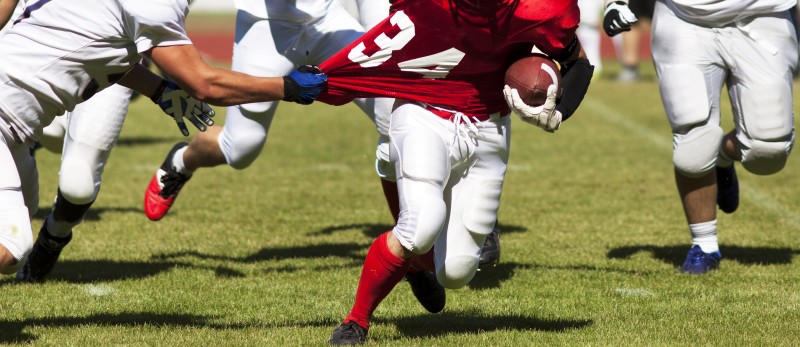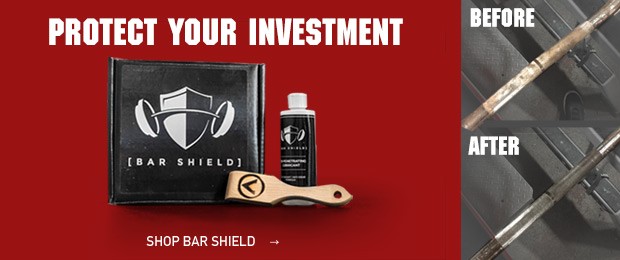Did I do a good job? Lately, this question has been floating around the empty expanse that is my mind. I'm guessing that other strength coaches think about this too. I can't be the only one, right?
On Thursday, we start our football season. At this point, all of our other fall sports have already begun their seasons. I always think about strength training across every sport, but more so with football because I have much more contact and leeway with those students.
This season started back in January. Everyone on the team (with the exception of transfers and freshmen) went through winter workouts and spring ball, and some even stayed here for the summer. Truth be told, there's really nothing I can do to help the kids who chose to go home for the summer. They either did their work or they didn't – and that's not on me.
Nonetheless, as we get ready to open the season, I wonder if I've done a good job. I know they're ready physically; I rarely worry about that. Rather, I worry that they're not ready mentally.
RELATED: How to Teach a Team to Lead Itself
As we go through workouts, I always try to manufacture adversity. Sometimes it's there, and sometimes I throw a curve ball just to see how they'll respond.
I constantly talk about discipline, details, and doing what's necessary to be successful (what I refer to as my 3 D's). There can never be enough discipline; you can never do things right, enough; no detail is ever too small. The third “D”, however, is dependent on the individual. The answer may be more conditioning, or more lifting, more film, eating better, sleeping better, and so on.

As is true with any strength coach, I am only as powerful as the head sport coach allows me to be. If support doesn't come from the top, then it really doesn't matter what I do. However, that still doesn't stop me from trying to impose my will on these kids.
As I think about my job, I always come back to the old saying, "You can lead a horse to water, but you can't make him drink." In considering what a strength coach does, this phrase (in my opinion, at least) should be a little different. My philosophy is that, rather than leading the horses directly to the water, I just show them where the water is, and then try to keep them on the right path as they go looking for it.
Ultimately, we as strength coaches can't hold our athletes’ hands. We don't play the games. We're not in the huddle when things are going badly. We're not with them when they're in the middle of an eight, nine, or ten-play drive. Indeed, why would I want to hold their hands all the way through the off-season? Instead, I try to let them make their own mistakes and correct them without much interference.
As a massive control freak, this is tough – but I think it's necessary. As previously mentioned, I won't be out there with them. I can't rally them; I can't get them refocused. Ultimately, they have to take control when the going gets tough and we're getting our butts kicked.
I'm sitting here on a Monday morning hoping that I did enough. I’m hoping that the lessons I taught – some subtle and some in-your-face – were learned, or can still be learned once the situation presents itself.
READ: The Misunderstanding of Sport-Specific Training
I still question myself. Did I push them hard enough? Did I give them the tools they need to overcome adversity? Did I show them the correct way to use those tools? Inevitably, coaches have to overcome adversity as well, and the script can so easily be flipped. When I personally encountered adversity, how did I respond? Did I show them an example of doing it myself? Did I demonstrate mental toughness?
I’ve said this before, and I believe it to my core: players win or lose games. The worst call for a situation executed to perfection can be a good call. Coaches can make bad calls, but if the players execute well, they can make the coaches look good.
On Thursday, we’ll get on a bus to travel to play an opponent that, on paper, has us beat. Physically, they are better – that’s why we're getting paid to go and play them. However, that doesn't mean we can't win; it just means that we have to be dialed-in to have a chance.
I'm curious to see how the players will handle things when we get punched in the face. Will they fold, or will they absorb the blow and keep fighting? I'll know the answer at the end of the game, regardless of the score. Hopefully, I did a good job.
Image credit: Melinda Nagy © 123rf.com
I’m guessing that other strength coaches think about this too. I can’t be the only one, right?










